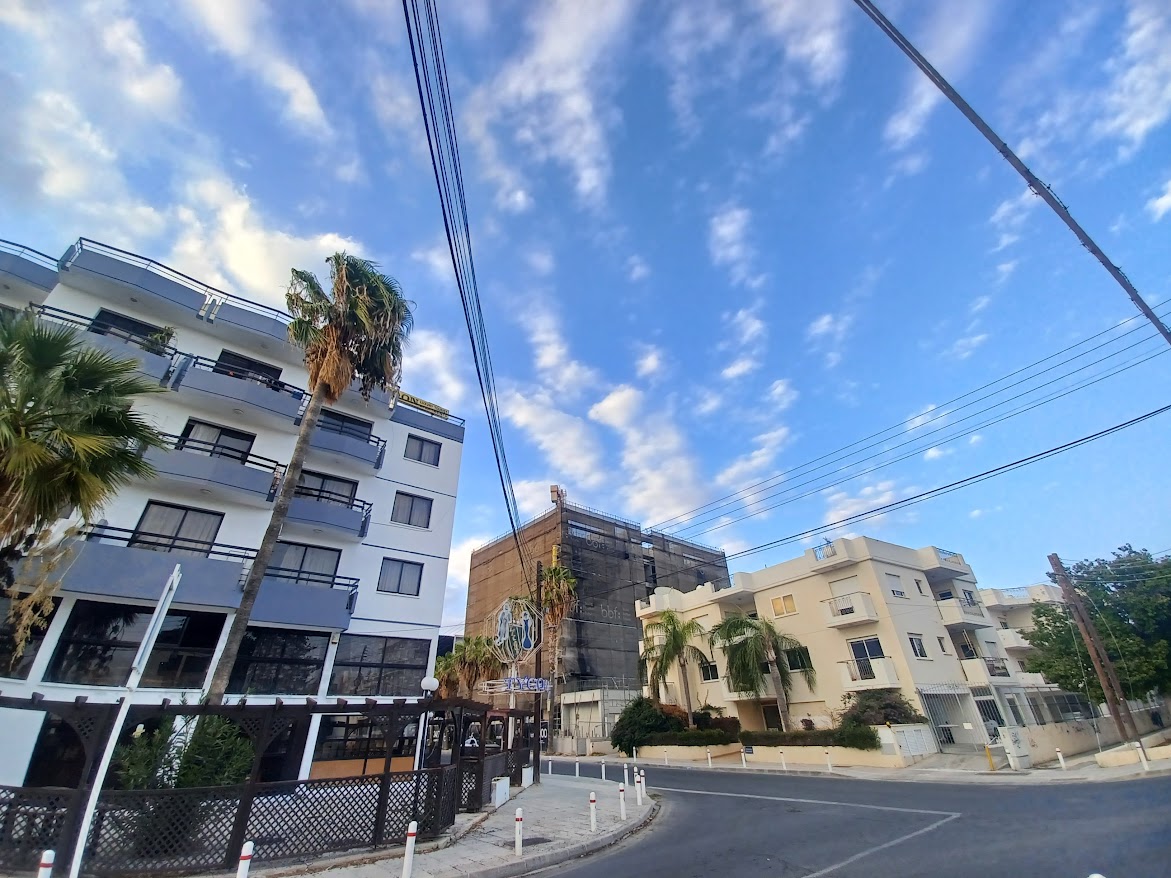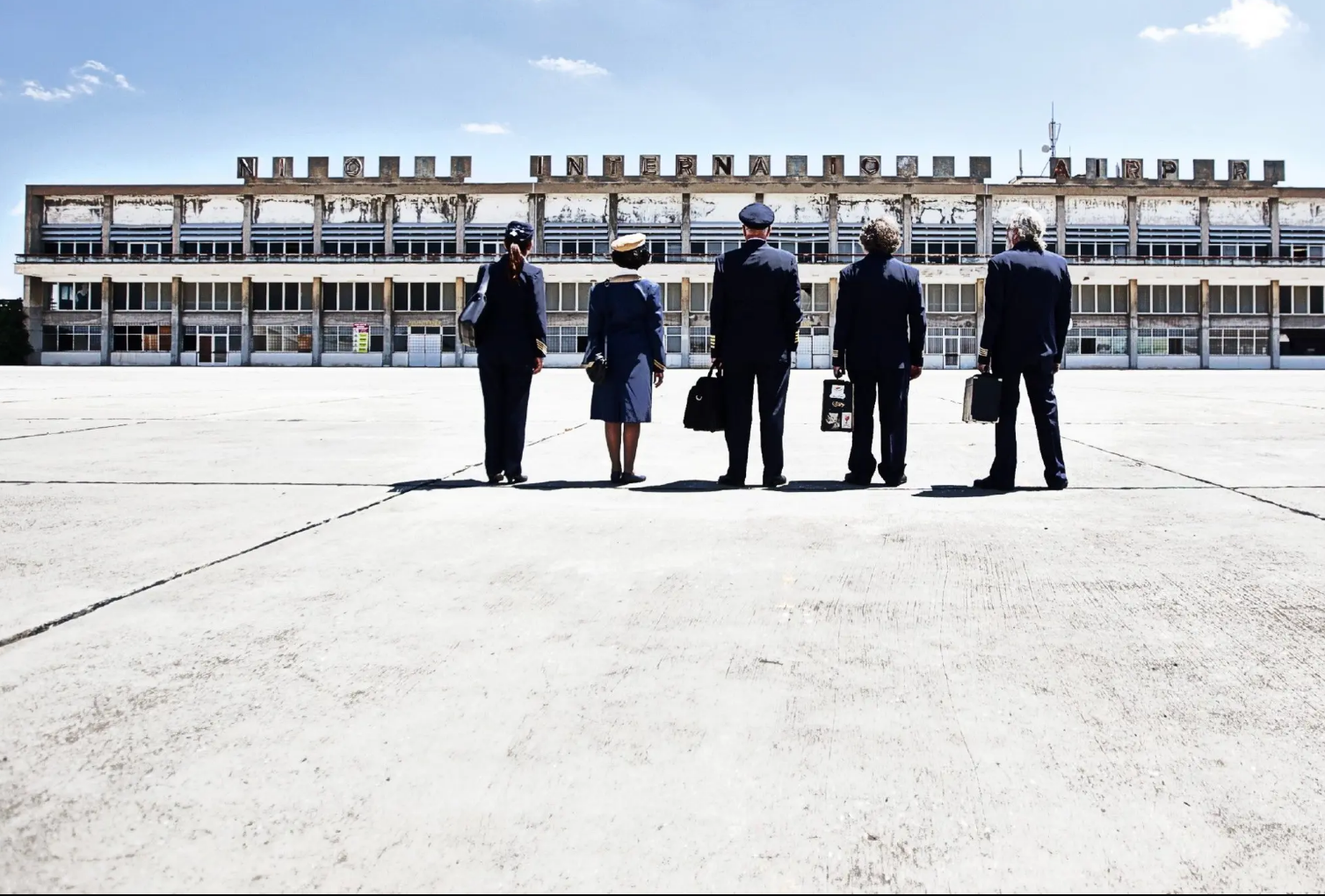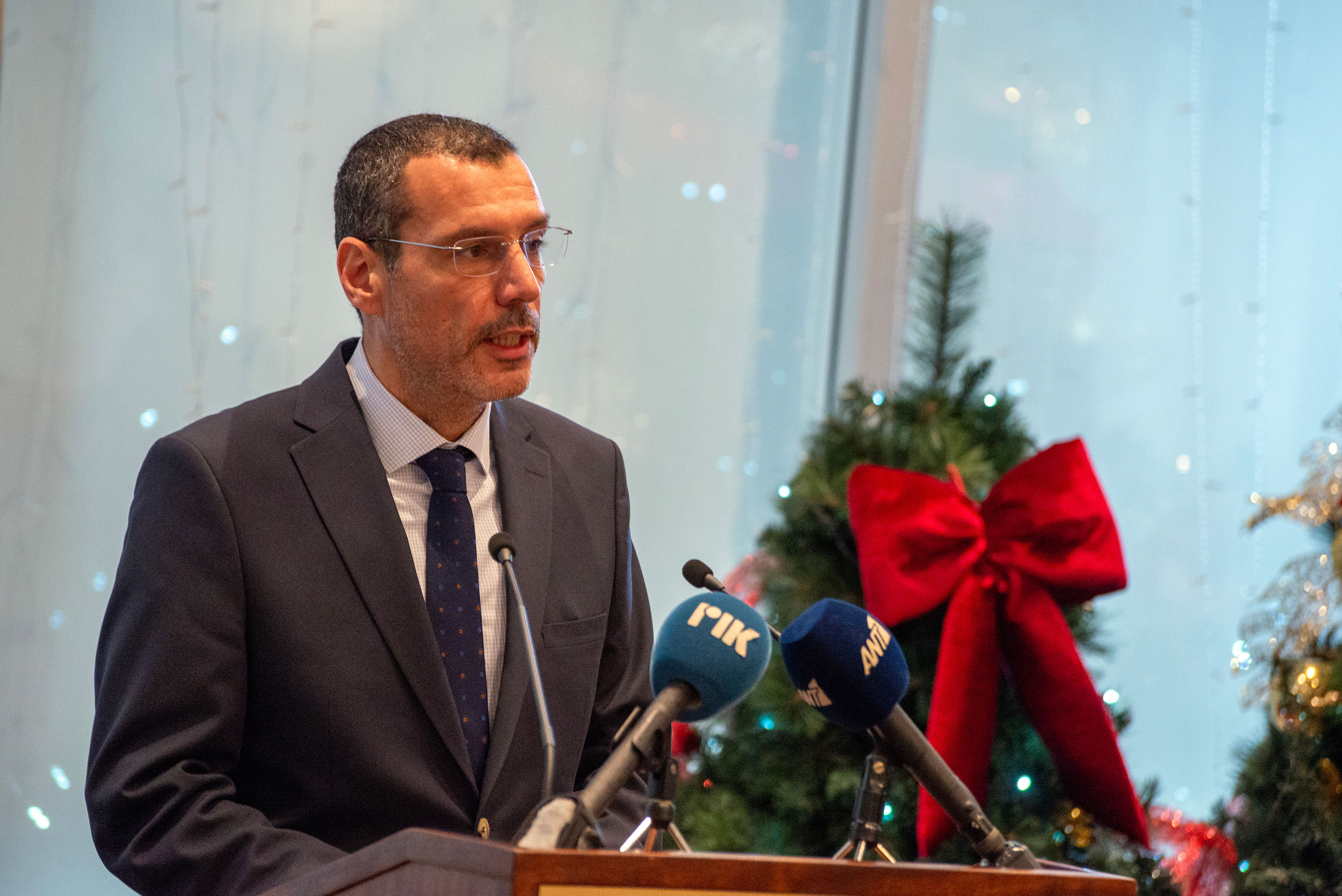Banks have overtaken the government as the most influential force in Cyprus’ real estate sector, according to EY Cyprus’ latest annual survey.
As mentioned in Philenews, the market continues to be driven by foreign investors from Israel, the UK, and parts of Europe and the Middle East, with demand linked to residence permits, personal security and quality of life.
The survey captures growing concerns within the industry, particularly over geopolitical tensions, high interest rates, and red tape.
Real estate professionals pointed to Cyprus’ ongoing exposure to external shocks, with the conflict in the Middle East cited as a top risk.
At the same time, long-standing domestic inefficiencies continue to delay development and restrict market expansion.
Geopolitical instability was ranked as the most critical challenge for the second consecutive year, cited by around 70 per cent of respondents, compared with 50 per cent in 2023.
No one placed it below third. Lending restrictions moved into second place for the first time, reflecting a shift in banking behaviour and a reduction in credit availability.
Interest rates and ongoing regulatory changes were also highlighted, while ESG obligations and climate-related factors remained low in priority.
When asked which stakeholders are best placed to support growth over the next six months, 50 per cent of participants cited banks, up sharply from the previous year.
By contrast, just 17 per cent selected the government, down from first place in earlier surveys.
The sector’s own business owners, such as developers or constructors, gained prominence, with 25 per cent identifying them as key contributors, compared with 7 per cent last year.
Respondents also outlined specific areas in need of reform. Twenty-nine per cent called for the digitalisation of permit and application processes to reduce delays.
A further 24 per cent called on banks to improve transaction handling, speed up Know Your Customer checks and offer more flexible lending options. Interest rate reductions were suggested by 18 per cent of those surveyed.
Limited supply was seen as the main cause of property price increases by 63 per cent of respondents. Professionals pointed to licensing delays, slow approvals and uncertainty caused by regional instability as reasons for the lack of new development.
A quarter of respondents cited excess demand, mainly linked to foreign buyers, while 13 per cent reported no significant price movement.
Larnaca and Paphos were tied as the most attractive destinations for foreign investors over the next 12 months, with 33 per cent of respondents choosing each.
Limassol followed with 25 per cent, still considered business-friendly with a cosmopolitan environment. Nicosia attracted 8 per cent, while Famagusta received no votes.
In terms of investor origin, Israel led with 36 per cent, followed by Lebanon and Russia at 16 per cent each. Germany, Ukraine and the United Kingdom accounted for 8 per cent each.
Respondents noted a rise in high-income individuals seeking to develop or commercialise property. Many Israeli buyers were also purchasing land for their own projects, often viewing Cyprus as a secure location for second residency.
Investor profiles varied by region. Limassol attracted upper-middle-income buyers, while Larnaca drew those with more moderate budgets, including investors from Lebanon and other parts of the Middle East. Buyers from Germany, Austria and the UK were mostly interested in second homes, with retirement or tax planning in mind.
When asked about the main reasons for foreign purchases, 47 per cent cited residency and visa schemes. Investment motives accounted for 29 per cent, while lifestyle considerations and safety concerns, particularly for Israeli nationals, were frequently mentioned.
Many respondents referred to a combination of reasons, suggesting overlapping personal and financial motivations.







Click here to change your cookie preferences